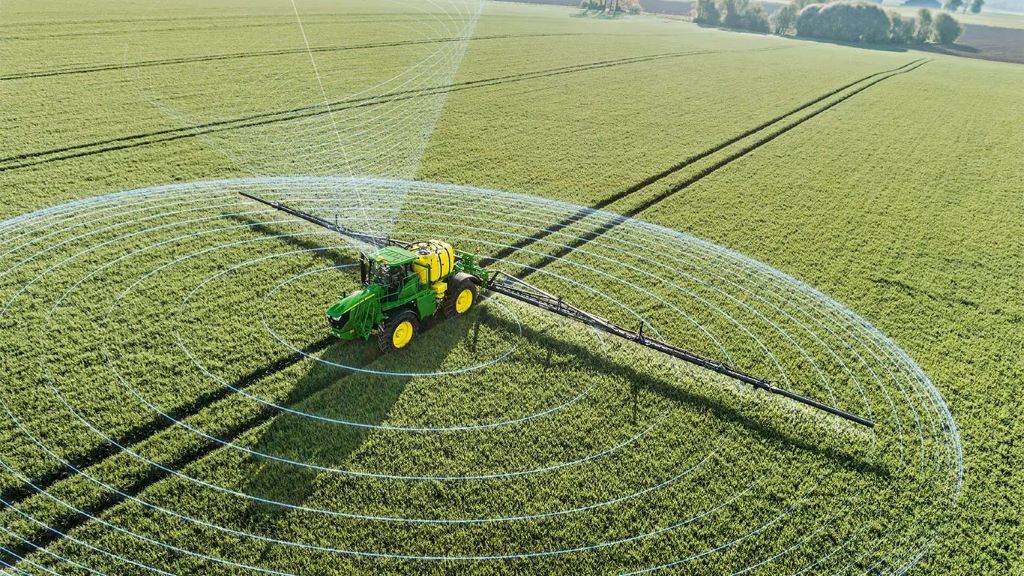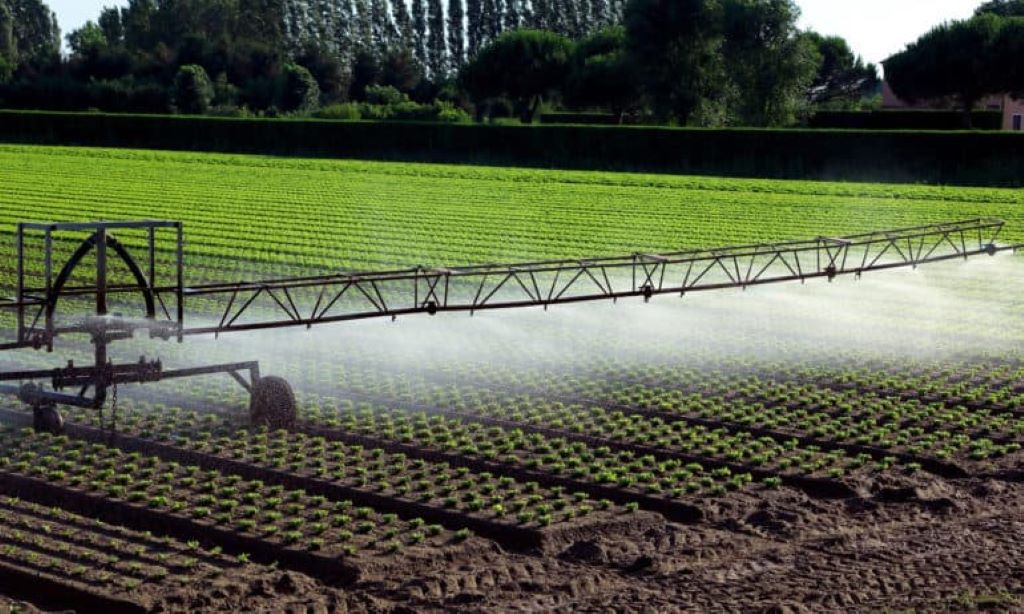
Small-scale agriculture is gaining renewed interest as consumers place greater value on ethically produced, locally sourced food. While small farms face challenges, cutting-edge techniques offer remarkable opportunities to maximize land, resources, and profits. This article explores the innovative world of modern small-scale farming and how it addresses issues of sustainability while fostering thriving agricultural communities.
What is Small-Scale Farming?
There’s no universal definition of ‘small-scale farming’, but it generally involves farms smaller in size and often focused on more specialized crops compared to large industrial farms. Small-scale farmers may prioritize direct-to-consumer sales, local markets, or supplying niche restaurants, emphasizing quality and connection with their community.
The Modern Twist: Technology and Innovation
- Precision Agriculture – GPS technology, sensors, and data analytics aid farmers in making precise, informed decisions. This means precisely targeted fertilizer and pesticide application, optimized irrigation, and tailored crop management based on real-time soil and plant health data. The result? Reduced waste, higher yields, and better environmental stewardship.
- Vertical Farming – Indoor, multi-layer growing systems are revolutionizing urban agriculture. Vertical farms use controlled environments, LED lighting, and hydroponic or aeroponic systems to grow crops year-round. This land-efficient method is increasingly popular for high-value greens and herbs in space-limited locations.
- Regenerative Practices – Focusing on soil health, biodiversity, and minimal disturbance, regenerative agriculture builds resilience against climate change and disease. Practices like cover cropping, no-till farming, and integrated pest management promote long-term productivity while reducing reliance on external inputs.
- Drones and Robotics – These tools are changing how we farm. Drones scout fields, pinpointing issues like stressed crops or irrigation problems. In the future, robots will increasingly help with tasks like weeding, harvesting, and packing, reducing labor constraints and improving efficiency.

Strategies for Small-Farm Success
- Focus on High-Value Crops – Gourmet produce, heirloom varieties, and unique offerings command better prices than commodity crops. Farmers can specialize in crops that thrive in their region and target niche markets for greater profitability.
- Value-Added Products – Small-scale farmers aren’t just selling produce – they’re selling an experience. Jams, pickles, prepared foods, and other value-added products allow farmers to earn more on their harvests while connecting with consumers directly.
- Direct Marketing – Farmers markets, Community Supported Agriculture (CSAs), and online sales platforms create direct links between farmers and their customers. This cuts out the middleman, increasing profits and fostering a loyal customer base.
- Agritourism – Farm tours, workshops, and farm-to-table events invite the public to experience agriculture firsthand. This strengthens community ties, educates consumers, and provides added revenue.
The Benefits of Small-Scale, Modern Farming
- Environmental Sustainability – Precision agriculture minimizes the overuse of resources. Regenerative practices promote soil health and protect biodiversity.
- Enhanced Food Security – Locally focused, distributed food systems increase resilience in the face of supply chain disruptions.
- Economic Vitality – Small farms support local economies and create a diverse, vibrant agricultural sector.
- Healthier Communities – Locally sourced, fresher food with higher nutritional value can improve community health and well-being.
Challenges and Opportunities
Small-scale farming faces real challenges, including access to land, financing, and overcoming the steep learning curve of new technologies. However, government programs, community resources, and a growing network of modern small-scale farmers provide support.
The modern small-scale farm doesn’t simply replicate the past on a smaller scale. It’s a dynamic, tech-forward approach that redefines what it means to be a farmer. By embracing these techniques and strategies, small-scale agriculture offers the potential to feed our communities sustainably while creating thriving local economies.
If you’re interested in modern small-scale farming, here are some resources:
- Your local cooperative extension service
- Organizations promoting regenerative agriculture
- Online forums and communities for small-scale farmers
Modern farming is evolving to meet the challenges of the future, and small-scale agriculture is at the heart of this transformation.





